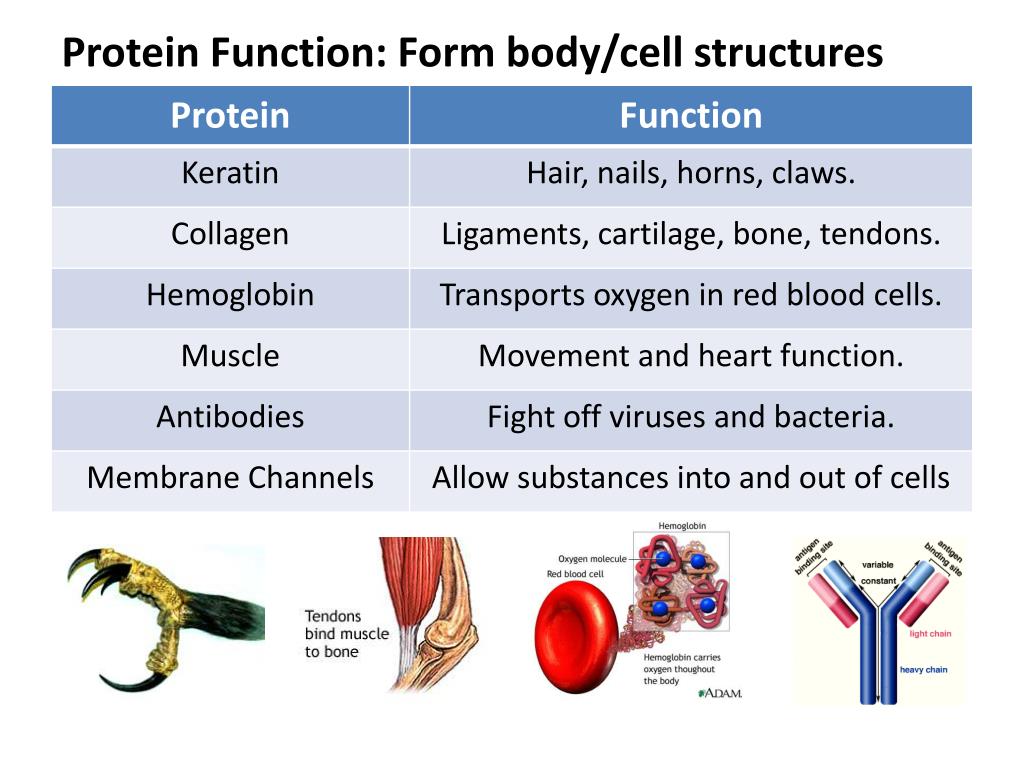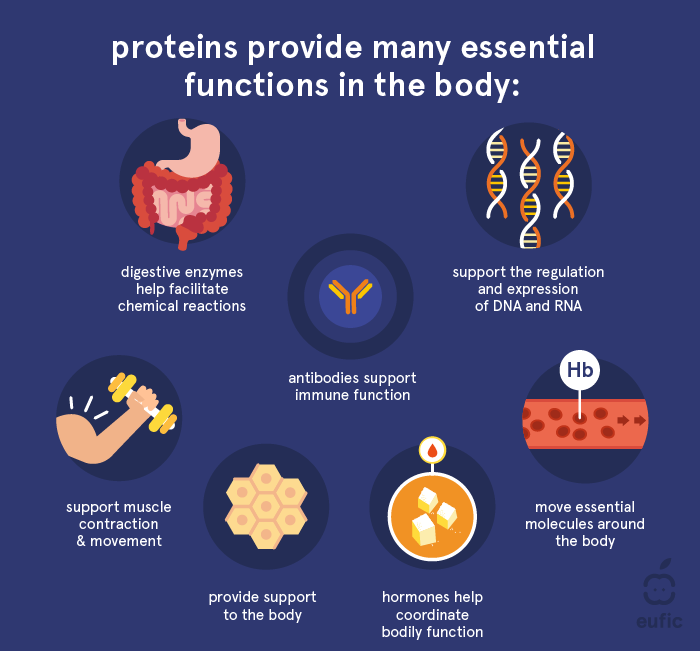The Single Most Abundant Protein In The Body Is

Collagen, the unsung hero of our bodies, is the single most abundant protein, quietly working to maintain our structural integrity and overall well-being. This fibrous protein forms the very scaffolding upon which our tissues are built, providing strength, elasticity, and support throughout the body. But despite its crucial role, many remain unaware of its significance and multifaceted functions.
This article will delve into the world of collagen, exploring its composition, functions, and the impact it has on our health and appearance. Understanding collagen's role is crucial for informed decisions regarding diet, lifestyle, and even cosmetic interventions.
What is Collagen?
Collagen is a family of naturally occurring proteins found in animals, most notably in the connective tissues of vertebrates. It constitutes about 30% of the total protein mass in the human body, making it the most abundant protein we possess. Collagen is composed of amino acids, primarily glycine, proline, and hydroxyproline, arranged in a distinctive triple helix structure.
This unique structure gives collagen its remarkable strength and resistance to stretching. Different types of collagen exist, each with a specific amino acid composition and organization, tailored to its specific function in the body.
Where is Collagen Found and What Does It Do?
Collagen is a key structural component of various tissues, including skin, bones, tendons, ligaments, cartilage, blood vessels, and even the cornea of the eye. Its functions are equally diverse, providing structural support, tensile strength, and elasticity to these tissues. Without sufficient collagen, our bodies would simply fall apart.
In the skin, collagen provides firmness and elasticity, reducing the appearance of wrinkles and sagging. In bones, collagen acts as a framework for mineral deposition, contributing to bone strength and density. Tendons and ligaments rely on collagen's high tensile strength to connect muscles to bones and bones to each other, respectively.
The Different Types of Collagen
While there are at least 28 identified types of collagen, the vast majority of collagen in the human body belongs to types I, II, III, and IV. Type I collagen is the most abundant and is found in skin, bones, tendons, and ligaments, providing strength and resistance to stretching. Type II is primarily found in cartilage, providing cushioning and support to joints.
Type III is prevalent in skin, muscles, and blood vessels, contributing to their elasticity and structure. Type IV is a major component of the basement membrane, a thin layer that supports epithelial and endothelial cells.
The Impact of Aging and Lifestyle on Collagen Production
Collagen production naturally declines with age, starting as early as our mid-20s. This decline contributes to common signs of aging, such as wrinkles, sagging skin, joint pain, and decreased bone density. Several lifestyle factors can further accelerate collagen breakdown and inhibit its production.
Excessive sun exposure, smoking, and a diet high in sugar and processed foods can all damage collagen fibers and reduce collagen synthesis. Genetic factors also play a role in collagen production and degradation.
Boosting Collagen: Diet, Supplements, and Procedures
While we cannot completely stop the natural decline in collagen production, we can take steps to support it through diet, supplementation, and certain cosmetic procedures. A diet rich in protein, particularly collagen-rich foods like bone broth and chicken skin, provides the building blocks for collagen synthesis.
Vitamin C is also essential for collagen production, as it acts as a cofactor for enzymes involved in the process. Collagen supplements, available in various forms like powders and capsules, have become increasingly popular, with claims of improving skin elasticity, reducing joint pain, and promoting hair and nail growth.
Cosmetic procedures like microneedling, laser resurfacing, and dermal fillers can also stimulate collagen production in the skin. However, it's important to consult with a healthcare professional or dermatologist to determine the most appropriate approach for individual needs and goals.
Scientific Evidence and Research
Research on collagen and its potential benefits is ongoing. Studies have shown that collagen supplementation can improve skin hydration, reduce wrinkles, and alleviate joint pain in some individuals. However, more research is needed to fully understand the long-term effects and optimal dosages of collagen supplements.
The National Institutes of Health (NIH) is actively funding research to explore the potential of collagen-based therapies for various conditions, including osteoarthritis and wound healing. Understanding the complex mechanisms of collagen synthesis and degradation remains a key area of focus for scientists.
The Future of Collagen Research
The future of collagen research holds exciting possibilities. Scientists are exploring innovative ways to enhance collagen production and delivery, including the development of bioengineered collagen and targeted drug delivery systems. Gene therapy approaches aimed at increasing collagen synthesis are also being investigated.
Furthermore, research is expanding to investigate the role of collagen in other areas of health, such as cardiovascular disease and cancer. As our understanding of this vital protein deepens, we can expect to see even more innovative applications for collagen in medicine, cosmetics, and beyond.
Conclusion
Collagen, the body's most abundant protein, is a vital structural component with far-reaching effects on our health and appearance. Understanding its functions and the factors that affect its production empowers us to make informed choices to support our overall well-being. While aging and lifestyle factors inevitably impact collagen levels, adopting a healthy diet, lifestyle, and considering appropriate interventions can help maintain collagen's crucial role in keeping us strong, flexible, and resilient.








![The Single Most Abundant Protein In The Body Is [ANSWERED] The most common protein in the body the first one on the](https://media.kunduz.com/media/sug-question-candidate/20230825202849155942-4469266.jpg?h=512)









